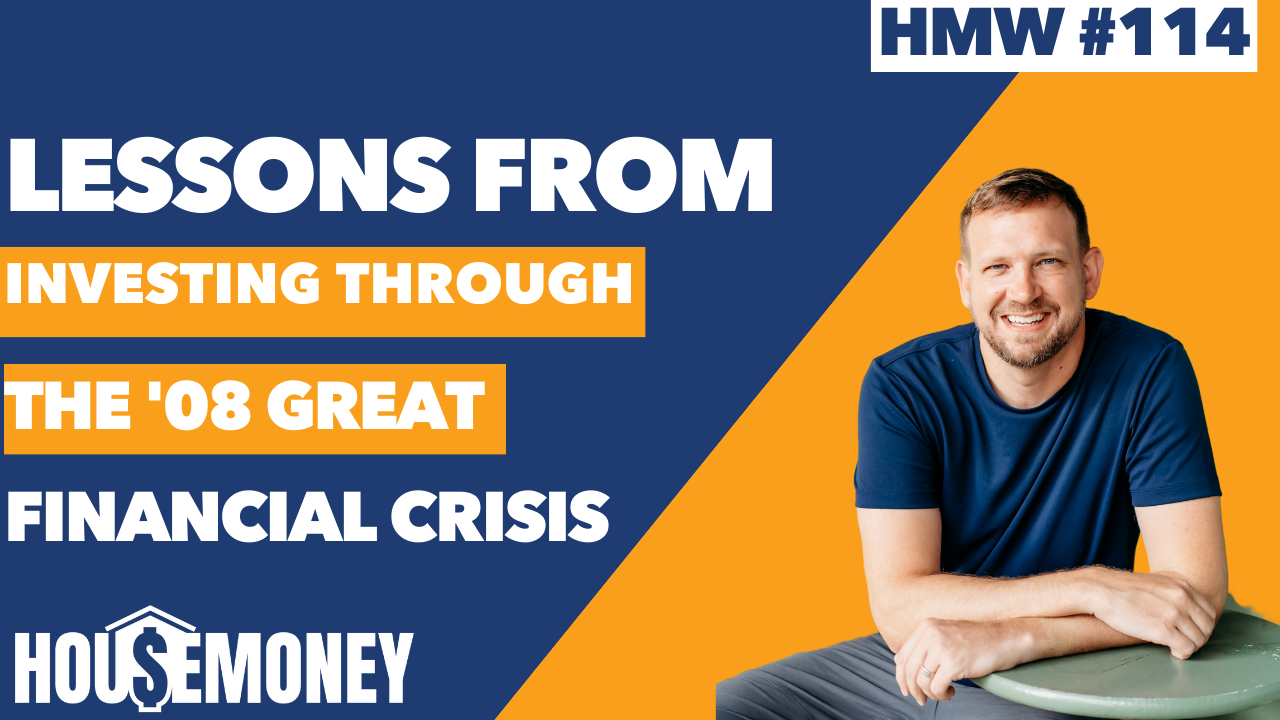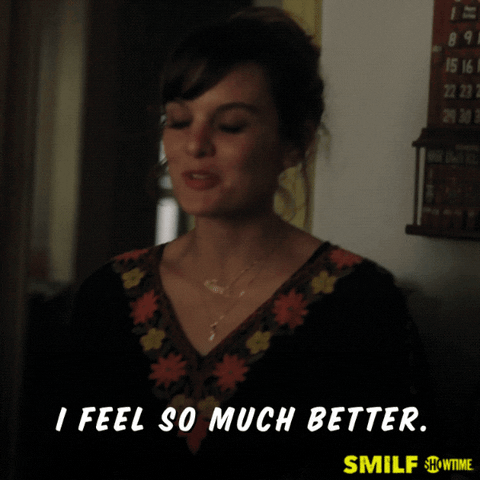HMW #114: Three things I learned from investing through the 2008 Great Financial Crisis
Aug 09, 2023
Read Time: 7.75 minutes
Our favorite sponsors who help keep this content free for you:
Today's issue is sponsored by Jasmine Mortgage Team my preferred residential lender. My team and I have done over 83 deals directly with Jasmine and her team. Work with someone that understands real estate. Book a free 15-minute consultation with Jasmine today.
And Steadily Landlord Insurance, the premier insurance company for landlords of all types. Landlord insurance created by landlords offering dwelling, umbrella, builder's risk, renters, flood insurance and more. Whether you have short-term or long-term rentals, student housing, vacant properties, or other investment needs, Steadily offers fast, affordable insurance quotes.
I (Alan) learned 3 main real estate lessons while investing through the housing downturn caused by the Great Financial Crisis of 2008. I was 8 years into my investing career and just 30 years old with my entire net worth tied up in real estate. We're going to ignore how old Lauren and Tom were.
If you are worried about a similar economic collapse happening again, especially right when you are getting started in real estate investing, let me ease your mind a bit on what happens during the worst of times, as I saw firsthand.
You can future-proof yourself from many of the problems that other investors had which cost many their entire portfolio. Would you be interested in hearing how to avoid this fate as well?

Sweet, I thought so.
Unfortunately many people think the same thing when it comes to shifting economic conditions, and that is:
Everyone in real estate loses money in downturn.
Or they don't invest at the moment because they constantly worry that:
- We must be in a bubble because home prices are high.
- Interest rates are high so a economic downturn must be near.
- Real estate is riskier than investing in stocks during an economic crisis.

Ok, those are natural thoughts, however so very misguided. Let me lay out 3 things I noticed during the worst housing crash we ever experienced so you can sleep better at night and tuck those first generation real estate investor worries away.
Lesson 1: Banks and lenders actions dictate how it will go
Mortgages rule the housing industry. A bank's terms, conditions, and ability to lend money make the whole real estate machine run, for both investors and primary home buyers.
So the way banks and lenders act during an economic crisis always dictates if the industry will have a soft landing or a historic disastrous crash. In 2009, lenders collectively decided that no one could get a new loan, or even refinance, or really any borrowing whatsoever (regardless of terms). So guess what result we got?
We got a housing crash so spectacular that it spooks new investors even 15 years later.
So what can you do if the banks decide to do this ridiculous maneuver again?
You future proof your investments with as many 30-year fixed rate mortgages as you can get.
Many home buyers and investors at the time created a house of cards with short-term and high interest rate bridge loans, hard money loans, and adjustable rate mortgages that all required a refinance in a few months or a few years' time.
But if banks aren't lending during this short window where you need them, then you are out of luck. You either foreclose on your property or you stomach the much higher and pricer adjusted rates until lending resumes to normal. And that expense is often more than an investor or homeowner can carry during hard times.
However, investors and homeowners with 30 year mortgages can wait out the worst of times. Sure, property values may drop, but your monthly expenses stay constant making it much either to stay afloat. But you aren't selling your property, you are renting it, so property values are irrelevant during down times.
If you are always in a situation where there isn't a time crunch to getting a new loan, you are pretty insulated from the housing crash happening around you.

Wow, a captive reader with questions! Wonderful. I think I know what one of 'em is, so before you speak, let me try to answer it with another lesson about why you are further protected as an investor during a housing crash. Because here's a secret. Rents often don't drop during down times.
Lesson 2: Rental demand went up
What happens if homebuyers can't get a a mortgage? They remain or become renters. The 2008 crash created a spike of brand new renters which also increased rental demands, and in effect, increasing rental rates.
The long-term rental investors had a larger pool of applicants than ever before because the lenders were frozen in fear, and so everyone had to rent. Furthermore, if there are job losses or uncertainty in the economy, people are naturally less likely to make a commitment to a mortgage, even if they could get one.
Landlords just have to be extra vigilant to make sure this new renter pool, however reluctantly renting, could still cover the rent with mounting employment changes and further economic worries. (Extra security deposits often help overcome this fear.)
Standard leases are generally 12 months long, which means there is always a lag for investors and renters alike to adjust for market changes happening around them. You don't change the lease terms in the middle of lease because of surprise economy constraints. You wait until the lease comes to it's natural end date, and then adjust.
And 12 months is usually amount of time it takes for government stimulus packages to be approved and lenders to be ready to get back to doing business again in worst case scenario situations.
So does this actually make your feel more optimistic about investing through any future downturn?

Lesson 3: Buy, buy, buy if possible
The rich British person aptly named like a rich British person, Baron Rothschild, famously said, "the time to buy is when there's blood in the streets, even if the blood is your own."
And historically housing has always peaked previous highs (same for stocks), so even when the times are rough and people are desperate to unload their assets due to their own fears.
There is opportunity in down times to acquire properties, and it may take creative strategies to go around lenders like seller-financed deals, cash purchases, or opportune partnerships (all of which are covered in the BROKE Method to Real Estate Investing course that House Money offers.)
Don't be scared of future down times, be optimistic! It's going to happen, of course, probably not historic crashes like we recently experienced, but even if they are and you are prepared properly, you won't freak out and rather will be sitting pretty when every returns back to normal.

Glad to hear it! That's what I'm here for.
Summary
- Lenders actions will determine severity of downturns.
- Lessons learned in the past are hopefully not be repeated.
- If people can't or don't want buy a house, their only choice is to rent.
- Buy up properties when everyone else is selling for best results.
- 30-year mortgages and long-term rentals for the win.
